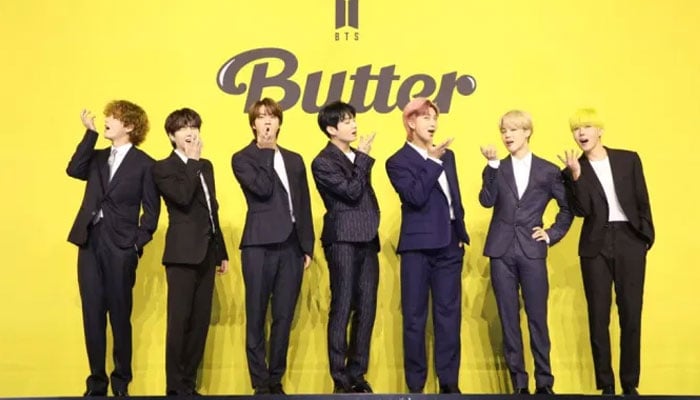

1 on the Hot 100 remained BTS’s primary goal for years - until, after steadily working to break into the US market, the band finally achieved that goal four times in a row, with its most recent four singles. Radio play contributes to chart rankings, signals name recognition, and boosts an artist’s overall profitability. Yet even as artists have more ways to reach listeners than ever, radio play is still the most prominent metric for determining mainstream success, at least in the American recording industry. The result is something of a gap between the internet’s power to expand the musical landscape and increase our exposure to a broad variety of artists and a mainstream radio culture that has struggled to diversify and take risks. Such platforms make it easier for listeners to self-curate and be algorithmically directed to music that fits their tastes they also provide easy access to countless artists that listeners typically wouldn’t hear on mainstream Top 40 radio. Predictably, there’s no catch-all answer for what makes a surefire hit - especially since on-demand digital music platforms like Spotify are changing the music industry. In a quest to find out why so much fan energy and global interest hasn’t crossed over to US airwaves, I talked to a number of experts, from radio station programmers to chart analysts, about what factors determine which songs get radio play and why. Despite BTS’s repeat success, few other K-pop bands have managed to achieve even a fraction of the band’s radio play and chart rankings. Soundcharts data suggests that isn’t happening. 1 on the Hot 100 - a chart whose rankings factor in data from numerous sources, including YouTube and other on-demand music-streaming platforms like Spotify - many of those fans hoped the song’s success would make it easier for more K-pop groups to draw American attention. K-pop has enthusiastic fans all over the world, including within the US. The absence of most K-pop from US radio doesn’t make sense. According to the analytics platform Soundcharts, which tracks radio play across 400 US stations daily and collects data from several on-demand streaming platforms, the majority of K-pop artists have received very little airplay on mainstream Top 40 stations over the last few years, despite their streaming dominance. These milestones have helped BTS make unprecedented inroads with US radio - but so far they’re the only K-pop group to truly break through. The song’s chart ascendency may end only because of yet another BTS single, “ Permission to Dance,” which debuted at midnight on July 9. “Dynamite” paved the way for another BTS hit: “ Butter,” the breezy bop that just spent a record-setting six weeks straight at No. Days after BTS performed the song at the Grammys this past March, it also became the first K-pop song in history to achieve a double-platinum ranking.

It broke one record after another, including becoming the first K-pop song to debut at No.

K-pop band BTS’s hit “ Dynamite” was one of the biggest songs of 2020.


 0 kommentar(er)
0 kommentar(er)
